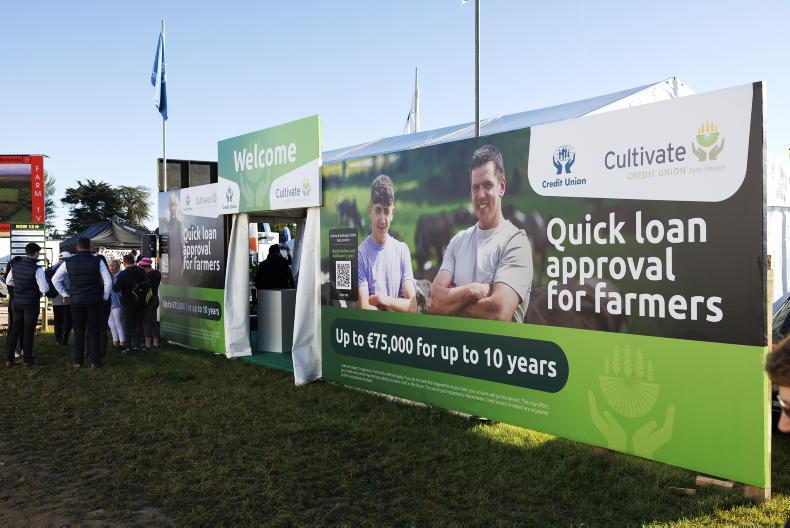Loans ranging from €25,000 to €1.5m are available under a new Brexit loan scheme for Irish businesses and farmers affected by Brexit.
The Brexit Impact Loan Scheme (BILS) will help small- and medium-sized enterprises (SMEs), farmers and fishers recover from the impact Brexit had on their business.
Loans less than €250,000 will be capped at an interest rate of 3.7% and loans €250,000 and above will be charged an interest rate of 2.75%.
The loan terms are from one to six years and loans of up to €500,000 are available unsecured.
Eligibility
The scheme is available to eligible SME and small mid-cap businesses, including primary producers (businesses engaged in farming and fishing), established in Ireland who have up to 499 employees.
A business must also have experienced an adverse impact of a minimum of 15% in actual or projected turnover or profit due to Brexit.
Announcing the scheme, Tánaiste and Minister for Business Leo Varadkar said that the loans can be used for help with liquidity, refinancing of existing loans or for investment purposes - for example, new technologies, new upgrades or changes within the business and recruitment.
Varadkar said: “The combination of Brexit and the pandemic have created the perfect storm for many businesses, particularly those in our agri-food industry. The Government, through the different loans and grants we have made available, has sought to help mitigate the consequences of both."
In response to feedback about the previous Brexit Loan Scheme, the Department of Business has said steps have been taken to simplify the application process, while the lending is now available for longer terms, in line with lending offered under the COVID-19 Credit Guarantee Scheme.
Minister for Agriculture Charlie McConalogue said: “We are all aware that the agri-food sector is uniquely exposed to the economic disruption arising from the UK’s withdrawal from the EU and the Government remains committed to providing appropriate supports to all in the sector.”
CEO of the SBCI, which will deliver the scheme, June Butler said: "The coming year will bring new challenges to many Irish SMEs as the UK phases in border controls, with timeframes for certain sectors now spread across 2022.
"When in place, these controls will particularly affect key sectors in our economy, such as primary agriculture, seafood and food and drink, and we have designed the BILS to offer broader terms that will be of significant benefit to SMEs in these and other sectors."









SHARING OPTIONS